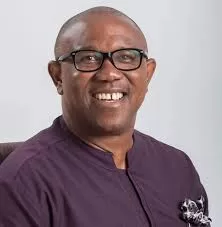
PETER OBI REJIGS MEDIA TEAM
THE Peter Obi Media Reach (POMR) on Saturday announced the exit of the Chief Spokesperson of the Peter Obi Presidential Campaign, Dr Yunusa Tanko, for another huge challenge.
“Dr Tanko has been appointed the interim National Coordinator of the Obedient Movement, a job that will see him coordinate the activities of the Obedient Movement nationally and internationally,” a POMR statement said.
It noted that, “The Obedient Movement, a quasi-political movement that was created in 2023 during the electioneering, reflects the philosophy and dreams of our Principal, Peter Obi, whose members are drawn from across all political parties and non-politicians as well as from within the country and in Diasporas who are desiring a new Nigeria that is Possible.”
The Peter Obi Media Reach, POMR further announced that, “Dr Tanko will be replaced in POMR by Mallam Ibrahim Umar, another versatile Obidient that is as hungry as Dr Tanko for a new Nigeria.”
“We, therefore, appeal to members of the public to cooperate with these Nigerians in their new endeavour as we continue the struggle towards dismantling the gang of political criminals holding our dear nation hostage. New Nigeria is Possible,” the statement added in a tone that is bound to evoke signs of a more intensive media engagement by Peter Obi.
 Premium News
Premium News